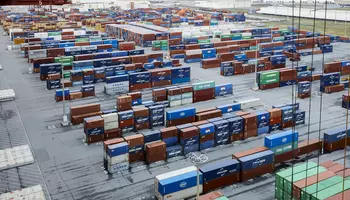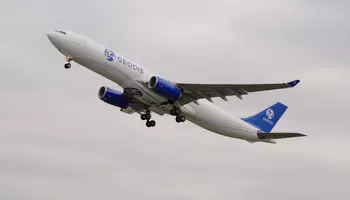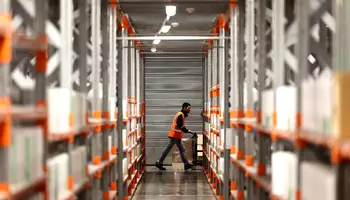
IMO2020 sulphur regulation may give rise to new BAF mechanism
At the beginning of next year, new global rules for marine fuel will come into force and the ocean freight industry is beginning to adjust. Here is an overview.
Global regulation of sulphur in marine fuel has been a hot topic for the ocean freight industry over the past decade.Laws have gradually changed in favour of the environment and influenced the cost of shipping.
The IMO2020 regulation
By 2020, the IMO worldwide limit for sulphur in marine fuel will be 0.5% (from January 2020). This will significantly reduce the amount of sulphur oxide emanating from ships and will have major health and environmental benefits for the world, particularly for populations living close to ports and coasts. IMO2020 is the first in a series of steps by the IMO to reduce emissions in response to climate change. All ships will be required to comply on all of the world’s oceans. Stricter 0.1 sulphur limits will remain in the ECA (emission control area) zones in Europe and North America.
Financial impacts for the shipping industry
IMO2020 represents the most significant change in the global shipping regulations in years, requiring ocean carriers to modify and adapt their fleet. The cost of compliance is significant, and the cost of shipping will increase. (See detailed information below).
New BAF mechanism
It is difficult to predict the rise of the fuel cost for ocean freight customers, as the carriers are exploring a mix of the different solutions available. The worst case scenario is that fuel costs (paid by the carriers) and fuel surcharges (paid by shippers, freight forwarders and their customers) will increase by 55-60%. Some ocean carriers have announced a new BAF mechanism to reflect and recover fuel related costs.
Read more:





















































 Go back
Go back




























